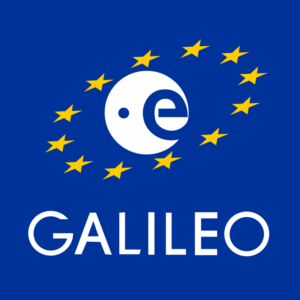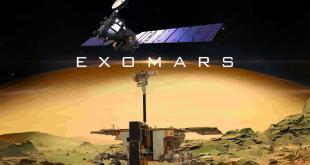 Paris, 21 January 2021. – Not OHB, this time: The European Commission awarded contracts for 12 new Galileo satellites (six each) for a total of €1.47 billion to Thales Alenia Space in Italy and Airbus Defence & Space in Germany.
Paris, 21 January 2021. – Not OHB, this time: The European Commission awarded contracts for 12 new Galileo satellites (six each) for a total of €1.47 billion to Thales Alenia Space in Italy and Airbus Defence & Space in Germany.
“With this, the Commission is initiating the launch of the 2nd Generation of Galileo, the European satellite positioning system,” the Commission said. “The aim is to keep Galileo ahead of the technological curve compared to global competition and maintaining it as one of the best performing satellite positioning infrastructures in the world while strengthening it as a key asset for Europe’s strategic autonomy.”
The first satellites of this next generation will be placed in orbit by the end of 2024, the Commission said. With their new capabilities relying on innovative technologies (digitally configurable antennas, inter- satellites links, new atomic clocks technologies, use of full electric propulsion systems), these satellites will improve the accuracy of Galileo as well as the robustness and resilience of its signal, which will be key for the upcoming digital decade as well as more security & military usage, it said.
Galileo is in operation since 2016. With 26 satellites currently in orbit and two additional satellites due for launch in Q3 2021, the constellation provides signal services to 2 billion users around the globe.
The Galileo satellites of the first generation have all been built by German OHB Group which lost the bid for the second generation. OHB had at least a success on another front yesterday: Rocket Lab launched a military satellite built buy the German group from New Zealand in its first Electron mission this year.





